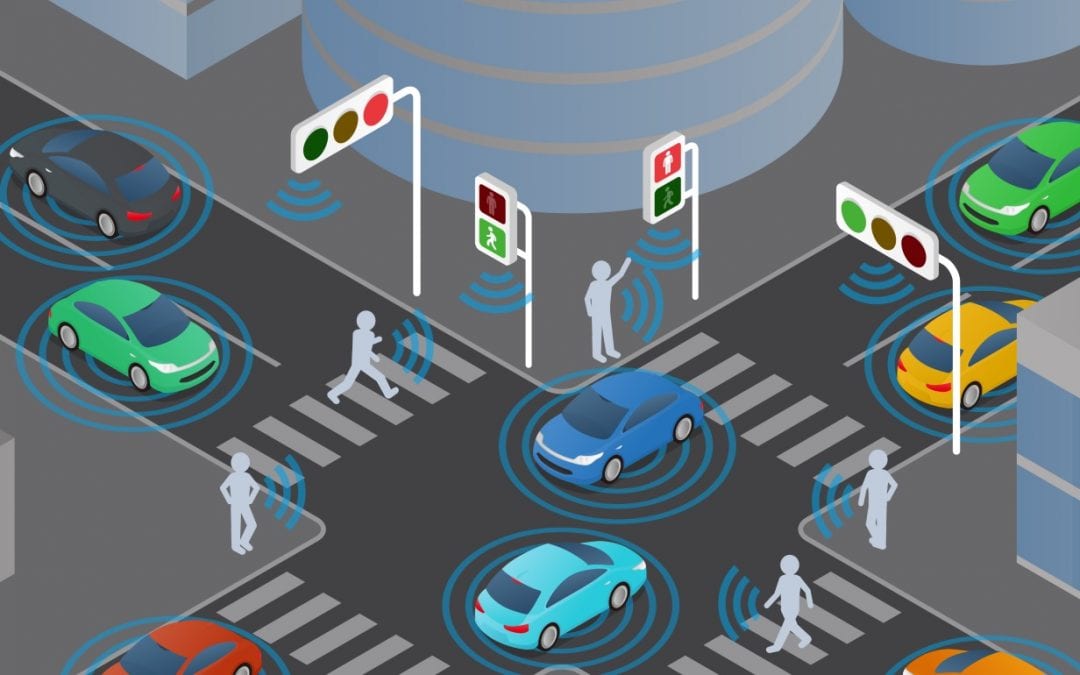Boston Globe Monday, March 19, 2018, “Uber self-driving vehicle hits, kills pedestrian in Arizona”, and the opening sentence goes on to read “Uber suspends all of its self-driving testing after what is believed to be the first fatal pedestrian crash involving the vehicles.”
While the death of pedestrian Elaine Herzberg caused by an Uber vehicle and its safety driver Rafaela Vasquez is very regrettable, we must be mindful of the fact it was not the first death involving an autonomous vehicle. In September of 2016, Joshua Brown was killed driving a Tesla Model S in the first fatality involving a self-driving car when his Autopilot did not recognize a trailer in the middle of the road.
As an autonomous vehicle advocate, I have been impatient at the pace Massachusetts has been systematically embracing the technology. Every week it seemed that states like Arizona and California (and others) were assertively changing or eliminating laws that held back the deployment of self-driving cars.
And then, this terrible Uber accident occurred, and it is a grim reminder for me of Joshua Brown’s death and after an eight-month investigation of the Tesla accident in 2016, Bryan Thomas, spokesman for the National Highway Traffic Safety Administration, stated, “Not all systems can do all things,” and “there are driving scenarios that automatic emergency braking systems are not designed to address”.
Critically, I have come to embrace the fact that cautious and methodical testing and certification employed by our state and city government is the correct approach. Reckless policies, which allows Arizona officials to release hundreds of AV’s in the streets, may result in manufacturers pushing profits over people in the rush to be first to market with disastrous consequences to the autonomous vehicle.
Fortunately, there is a better & safer way! MassDot Autonomous Vehicle Working Group has carefully listened to all its stakeholders to safely move this technology forward. The City of Boston has developed a unique, co-operative partnership with nuTonomy and Optimus Ride to understand the challenges in this great city before a full-scale rollout. A three-year intensive study of mobility in the City by Boston Consulting Group & World Economic Forum help galvanize community support.
Massachusetts, with all the creative minds and collaborative energy in our autonomous vehicle polices, will figure how the right approach. I am excited to be part of all this.


Recent Comments